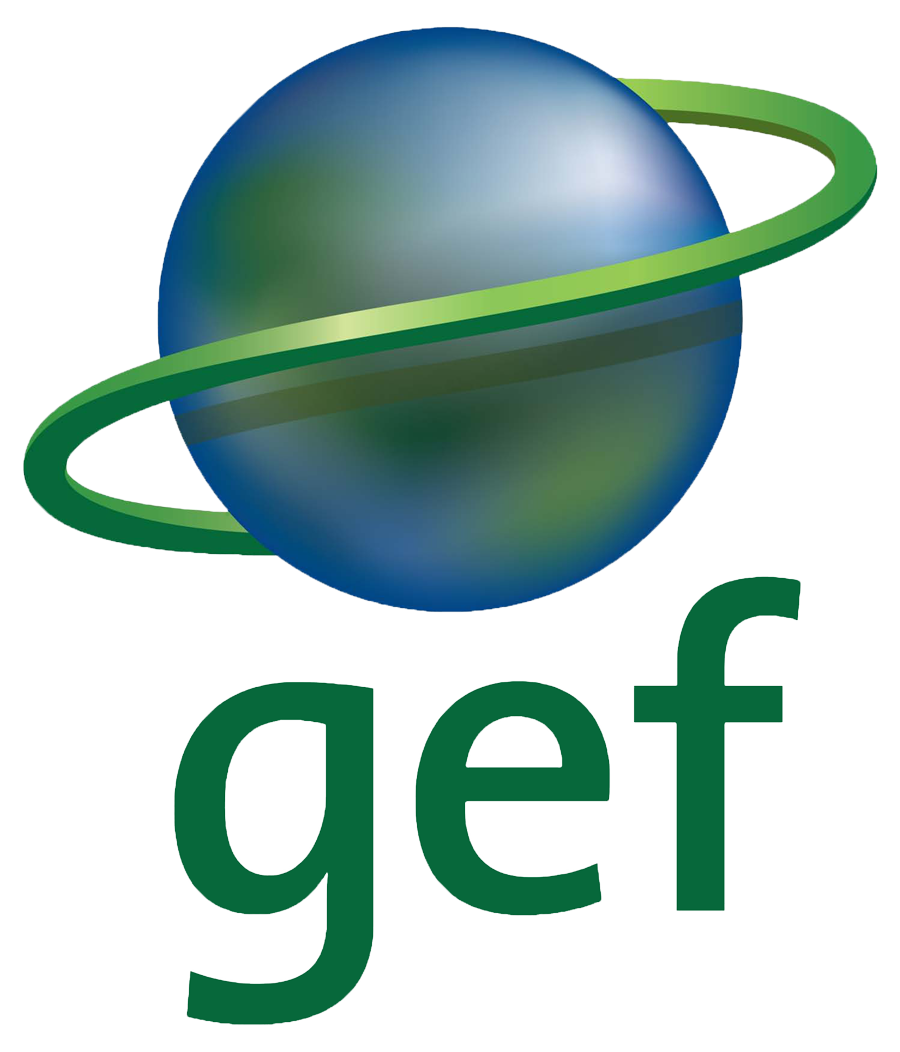
The regional project (umbrella) "Draft coordination and knowledge sharing on livelihoods and desert ecosystems" is coordinated by OSS for a period of 4 years. It aims to strengthen networks between organizations responsible for the implementation of projects in the beneficiary countries, and in a spirit of solidarity and cooperation.
Objectives
Compte Given the expected objectives and expected results, this regional project aims at a better understanding of the links between ecosystem services and livelihoods of populations of desert ecosystems in order to inform decision-making, including through:
A better understanding of the links between ecosystems and livelihoods in desert areas including semi-arid and arid areas;
Improved knowledge sharing systems on issues related to desert ecosystems and livelihoods;
Improvement of networks and flows of information at the program on desert ecosystems at national and international levels.
The project consists of three components:
Component 1: Management and Dissemination of Knowledge
The objective of this component is to establish and strengthen existing networks between national institutions to promote the management and sharing of knowledge on key issues related to the sustainable management of desert ecosystems and the livelihoods. It will help to address key issues related to deserts.
This will help build a community of practice to provide guidance to decision makers on issues related to sustainable development of desert ecosystems. Institutions in the five participating countries will submit to the OSS, the activities eligible for funding the project. The types of activities are:
Workshops: Organize workshops (with a sectoral or multi-sectoral focus with deserts as the main theme) bringing together stakeholders from participating countries of the MENA-DELP to share experiences and information on pilot projects MENA -DELP, other desert ecosystems and other practices on improving livelihoods (in participating countries and other countries), as well as new knowledge about the orientation of the related policies.
Study tours: Organize study tours to share information on the pilot projects of MENA countries DELP or similar projects (in countries participating and / or in other countries).
Networks across the Internet: Organize discussions moderated by the Internet among experts on key issues, emerging lessons and policy implications of the sustainable use of desert goods and services in the context of a production sector given.
The organization of project workshops and meetings of the Steering Committee will, as much as possible, combined with international conferences such as the UNCCD COP, UNCCC or UNCBD.
Component 2: Monitoring and Evaluation
The proposed objectives of this component are to:
Develop a programmatic monitoring and evaluation system of the MENA-based program DELP aggregation of national indicators at project level and results,
Develop a specific M & E system for the regional project.
OSS, will be responsible for developing both M & E systems and prepare annual progress reports on the results at the program level and the project will be disseminated to all stakeholders, including the Bank and GEF.
To ensure alignment between M & E and knowledge management, M & E regional project will include an information system dedicated to the deserts:
Allow the collection of data and information on desert ecosystems, livelihoods and best practices for sustainable management;
Disseminate information through a dedicated website;
Provide a link and a platform for the exchange of information between partners;
Will include a follow-up evaluation with predefined indicators to facilitate analysis,
Animate virtual discussions via existing Web or new networks, as proposed in the component.
The information system dedicated to the deserts benefit from links with similar platforms management of existing knowledge such as WOCAT and TerrAfrica knowledge base. This will support the national reports for best practices and improve the wider dissemination and sharing of knowledge on ecosystems of the desert. The proposed information system will also provide answers to windows degradation, biodiversity, climate change and the GEF-5, and help shape the future of these strategies by improving the knowledge base on global environmental benefits generated by GEF investments on desert ecosystems.
Component 3: Project Coordination
This component will finance mainly project management costs of the OSS, and all expenses related to the organization of meetings of 11 Project Steering Committee (Travel all participants (Member, observers invited) accommodation, various locations, etc.).







